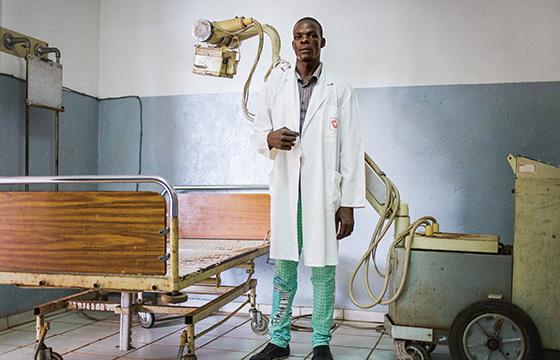Horizons magazine: Researching fairness

Horizons explores the role of research in international development. In which projects should money be invested? How effective are these investments? And who will own the research results?
Research plays a dual role in international development. Horizons shows how research assesses the effectiveness of development projects while at the same time trying to remain fair itself. The journalist Ochieng' Ogodo reports on this directly from Nairobi while Marcel Tanner, former director of Swiss TPH, relates how a practitioner in Switzerland takes on this challenge. Additionally, the latest issue portrays some key Swiss institutions in development research.
Another lead story explores the extent of predatory publishing in academia. Dubious publishers are swamping researchers with spam, while unknown organisations are trying to make money with bad peer-reviewing and non-existent conferences. Horizons reveals which disciplines are mainly affected by predatory publishing, and where the publishers and scientists are from.
The latest Horizons issue also looks at the distortions in world maps and what they can tell us about the authors' world views. Other articles explain how EPFL professor Jamie Paik developed her origami robots, the many uses of eye-tracking technology and how knowledge finds its way into schoolbooks. Molecular geneticists argue about epigenetics. And Alexander Keese, winner of the National Latsis Prize 2016, answers questions about the decolonisation of Africa.
Horizons 111 (December 2016): Researching fairness (articles and online magazine)
Horizons, the Swiss research magazine, brings you the latest science news and discusses current research policy issues in an international context. Horizons is produced by the SNSF in collaboration with the Swiss Academies of Arts and Sciences. Four issues are published each year in German, French and English
Subscriptions are free of charge.